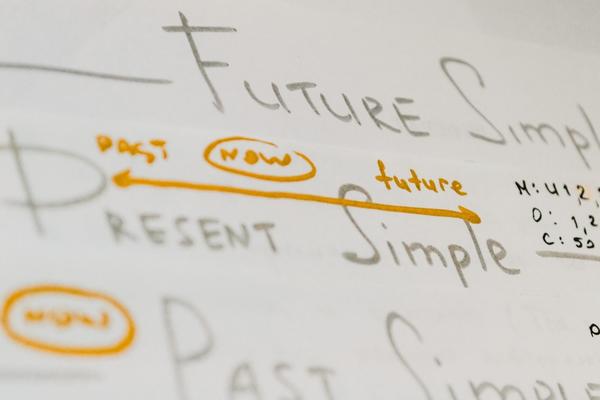
I like to say I help my clients use the right words to highlight what makes them remarkable and compelling to the people they want to serve. To do that requires knowing what the right words are.
From time to time, I will publish posts that spotlight issues I see people having with word choice, and I will offer tips to help them use the right words.
Today: Words that, when written often confuse: Are they one word, hyphenated, or two words?
Here are some examples. See if you see a pattern emerge.
Anyone/any one — One word for an indefinite reference: Anyone can do that. But two words to single out one element of a group: Any one of them may speak up.
The same rule applies to anybody/any body.
Breakup/Break up — As one word, it’s a noun with several definitions, including “the ending of a personal, especially a romantic, relationship.” It’s also one word when used as an adjective. As two words, it’s a verb meaning the act of ending that personal relationship.
Cover-up/cover up — As a hyphenated word, it’s a noun meaning “any action, strategy or means of concealing or preventing exposure.” It’s also hyphenated when used as an adjective. As two words, it’s a verb meaning to place something completely over it.
Dead-end/Dead end — As a hyphenated word, it’s an adjective that refers to something hopeless. As two words, it’s a noun meaning something that has no exit.
Fiance/Fiancee — One e at the end refers to a male who’s engaged. The other refers to a female who’s engaged.
If gender-neutral words are needed, use engaged or planning to marry or something similar.
Hang-up/hang up — As hyphenated, it’s a noun meaning “a preoccupation, fixation, snag, impediment.” As two words, it’s a verb meaning “to fasten or attach so that it is supported from above” or “to end a telephone conversation.”
Letup/let up — As one word, it’s a noun that means “cessation, pause, relief.” As two words, it’s a verb meaning to allow to rise or elevate.
Makeup/make up — One word usually refers to cosmetics. It’s also an adjective. Two words is a verb meaning “to invent, create or reconcile.”
Stand-in/stand in — They mean the same thing: “substitute.” Hyphenated is a noun and adjective, and two words are a verb.
Are you looking for help with word choices or a ghostwriter in New York? Contact Lee today!
Let's Start A New Project Together
Contact me and we can explore how a ghostwriter or editor can benefit you.
